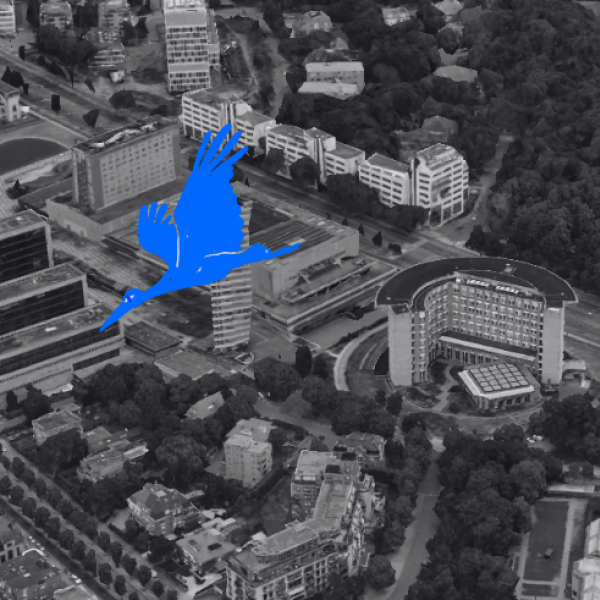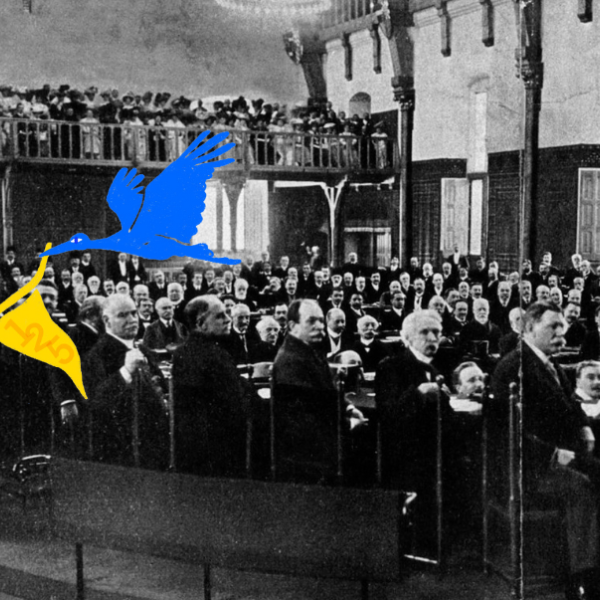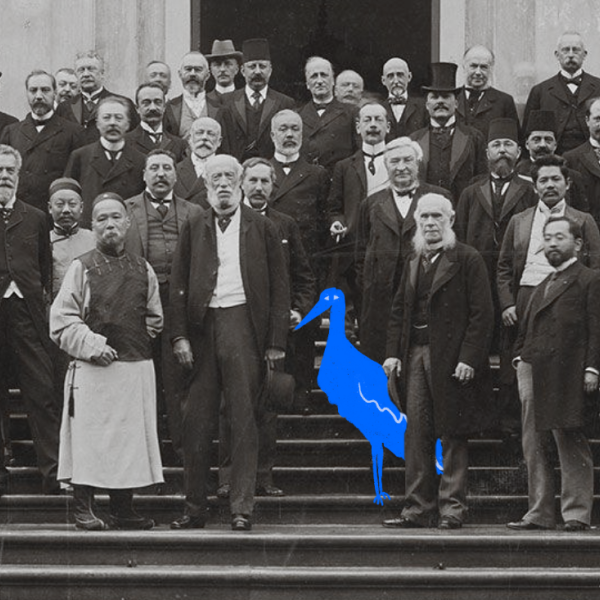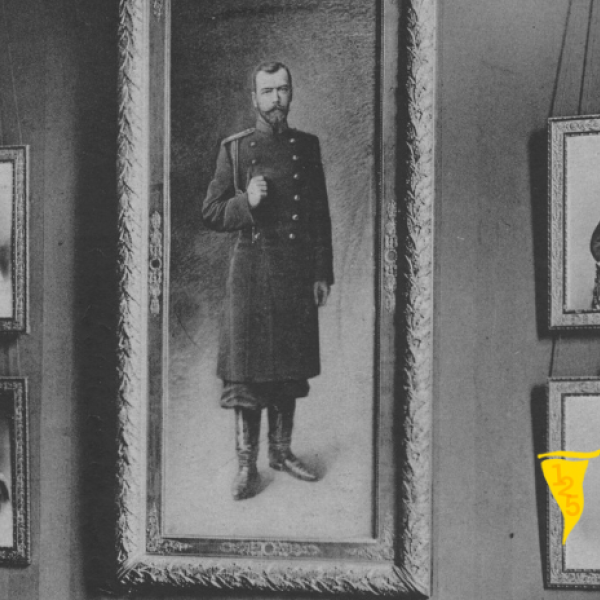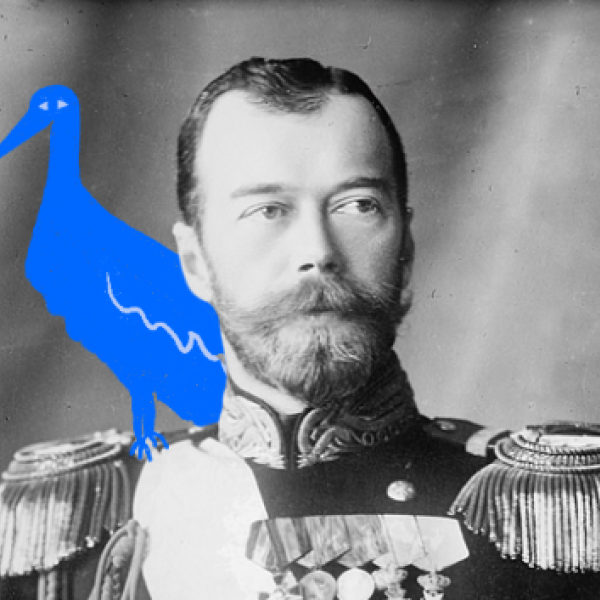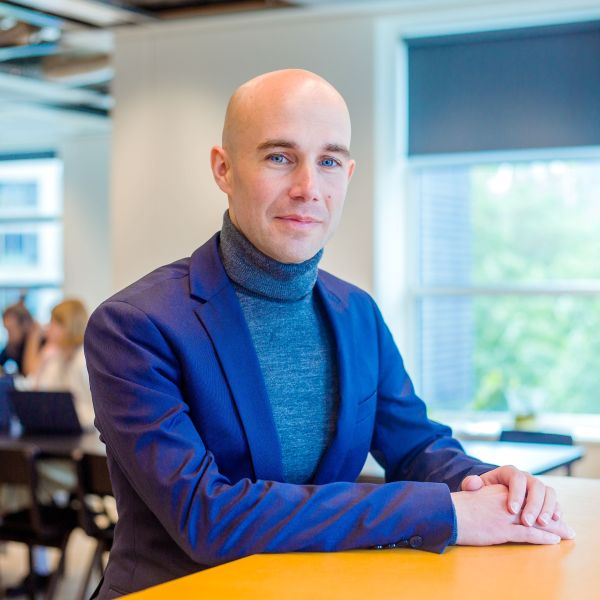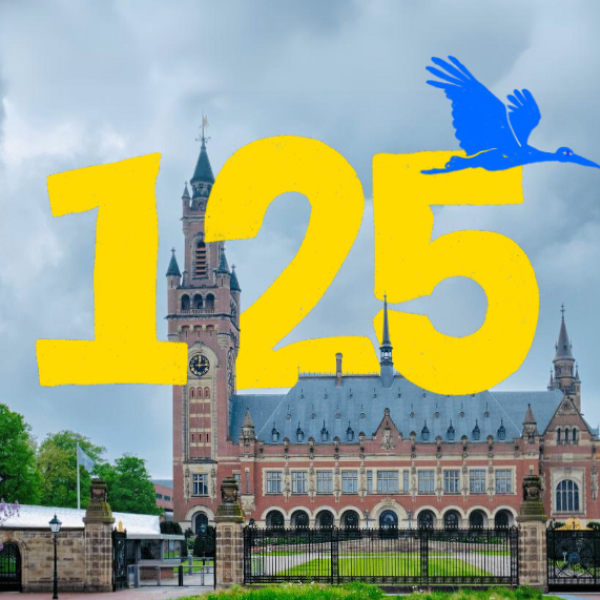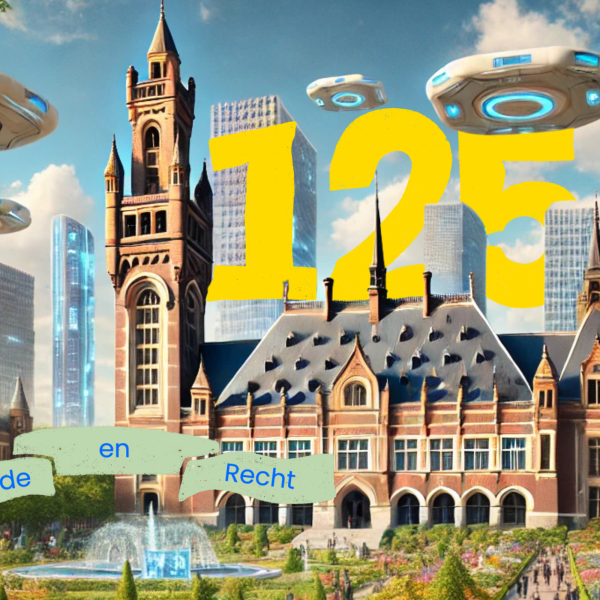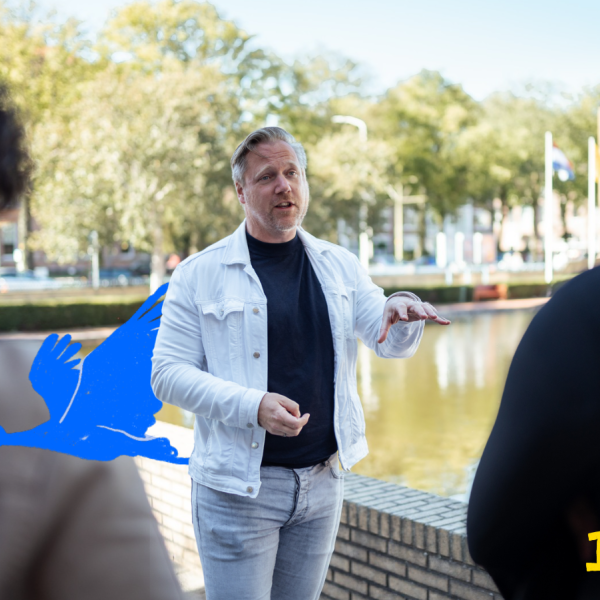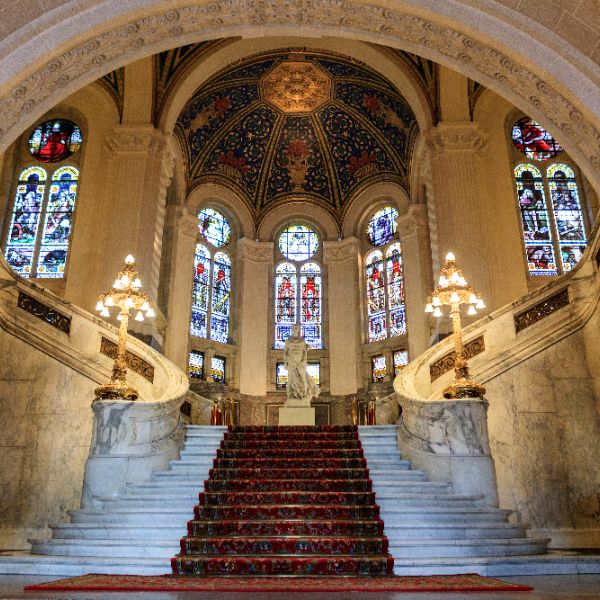The Hague: The Center of International Justice
In a city where people of more than 180 nationalities congregate and live, and where nearly 500 international organizations are based today, it is pretty self-evident that The Hague bears the title of Peace and Justice. But how did it come to be so? And to what does the city owe its well-deserved title. In eight short stories Just Peace (in cooperation with the municipality of The Hague) takes you through the history, present and future of the City of Peace and Justice.
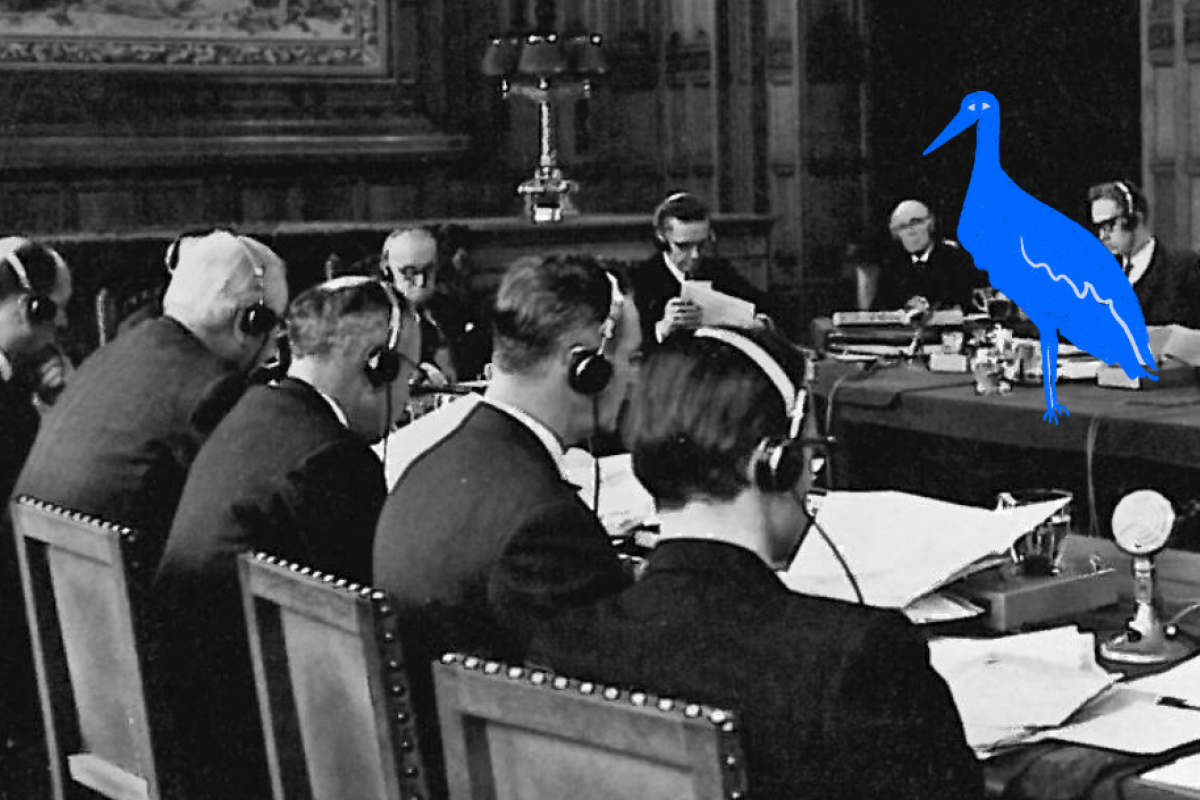
After the opening of the Peace Palace in 1913 and the establishment of the Permanent Court of Arbitration in The Hague, many other important international organisations flooded into the city. This largely happened from 1990s onwards. Some of the well-known organisation include: The International Court of Justice, International Criminal Court, The International Criminal Tribunal for the former Yugoslavia, Europol and Eurojust, The Organization for the Prohibition of Chemical Weapons, The Hague Conference on Private International Law and The International Commission for Missing Persons.
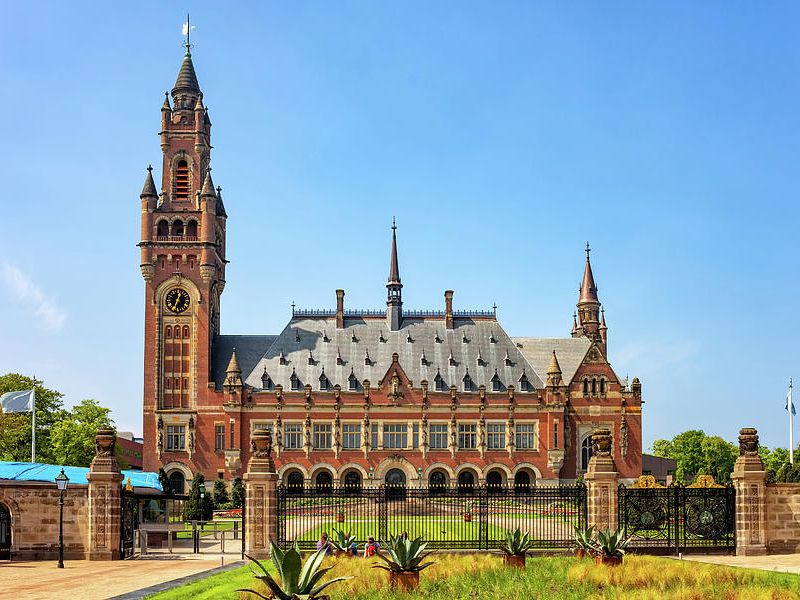
International Court of Justice (ICJ)
As we learned last week, after the Peace Palace’s opening in August 1913, it slowly came to house several institutions. In 1920, after the conclusion of the First World War the League of Nations (the forerunner to the United Nations) established the Permanent Court of International Justice (PCIJ). Nonetheless after the eventual failure of the League of Nations, The International Court of Justice (ICJ), or also referred to as the World Court, was formed under the Charter of the United Nations in June 1945, replacing the PCIJ, and it began work in April 1946. The court is one of the six main organisations of the United Nations and the only one not located in New York. The ICJ is the main court of the United Nations, holding the highest legal authority, deals with legal cases between countries, rather than individuals, and makes decisions based on international law. The court is made up of 15 elected judges, elected by the U.N. General Assembly and Security Council. Each judge serves a nine year-term. The first case of the court was submitted on May 22, 1947, submitted by the United Kingdom against Albania and concerned mine explosions which damaged British warships in the Corfu Channel. Rather significantly, the court is currently investigating whether countries can be held responsible for climate change in the future! Did you know that you can attend the hearings at the ICJ, and the International Criminal Court, as they are open to the public!
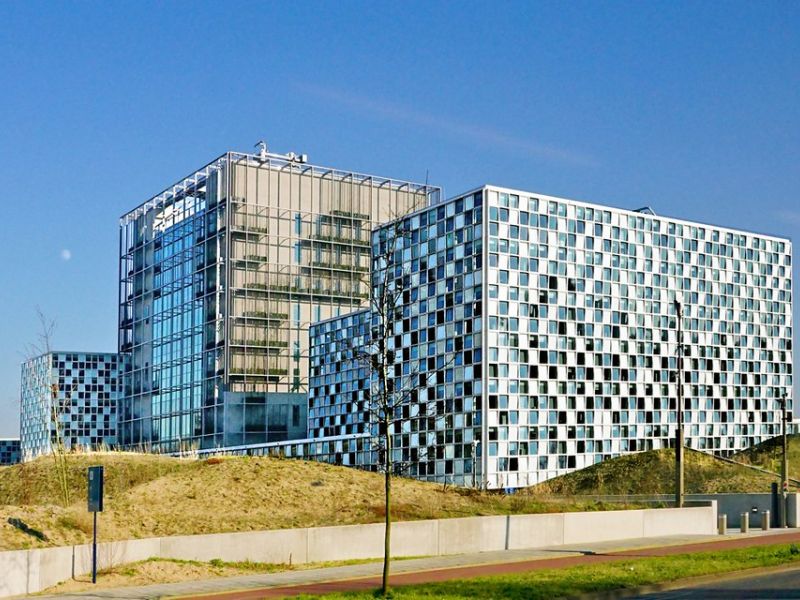
International Criminal Court (ICC)
Although sometimes confused with the ICJ, tucked in between the dunes on the edge of The Hague, The International Criminal Court (ICC) is a permanent court that prosecutes individuals, not nations, for the most serious international crimes, including genocide, crimes against humanity and war crimes. The ICC is recognised as the “court of last resort,” meaning it acts only when national justice systems are unable to achieve justice. The court was established by the Rome Statute, which was adopted in 1998, while this treaty was proposed by the United Nations, the court continues to act independently from the UN. However, the court only opened its doors five years later in 2003. The court has been instrumental individuals in Central African Republic, Sudan and the Democratic Republic of Congo have been held responsible for the atrocities impacting innocent civilians in these countries. Recently, the ICC is regularly in the news because of the indictments it has drawn up in response to Russian aggression against Ukraine.

International Criminal Tribunal for the former Yugoslavia (ICTY)
This pre-ICC UN body, The International Criminal Tribunal for the former Yugoslavia (ICTY), based in the Statenkwartier of the Hague, was established by the UN Security Council in May 1993 to prosecute individuals suspected of serious violations of international humanitarian law, including violations of the laws or customs of war, genocide and crime against humanity, during the wars in the former Yugoslavia (Croatia, Bosnia, Kosovo, Serbia and Macedonia). Its creation was the first time that an international tribunal was established since the Second World War. The tribunal’s presence in The Hague contributed to the city’s growing international reputation as the city of international law. The term ‘bringing to The Hague’ now took on a completely different meaning for many people in conflict areas. Between 1993 and 2017, the ICTY indicted 161 individuals, of whom 90 were sentenced. The mandate of the International Criminal Tribunal for the former Yugoslavia has expired and the tribunal was dissolved in 2017. The remaining cases have been transferred to the International Residual Mechanism for Criminal Tribunals.
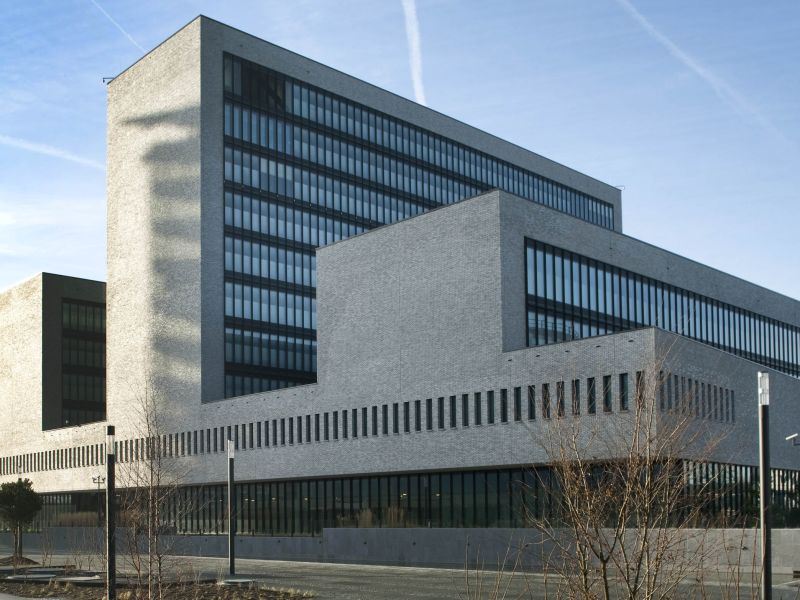
Europol and Eurojust
Europol and Eurojust are both agencies of the European Union. Together they help EU Member States combat serious cross-border crime, such as terrorism, cybercrime, drug trafficking and human trafficking. They also collect, analyse and exchange information about this among the member states of the European Union. Eurojust, or the European Union Agency for Criminal Justice Cooperation, and Europol, the European Union’s law enforcement agency, are based just across the road from the ICTY. Eurojust “supports and strengthens coordination and cooperation between national authorities responsible for the investigation and prosecution of serious crimes. There is however no power for Eurojust to initiate criminal proceedings of its own.” While Eurojust deals with judicial cooperation among prosecutors and magistrates, Europol deals with police cooperation. A case can be opened by Eurojust, and Europol can be asked to contribute their analytical expertise. This is how they are closely linked but not the same.
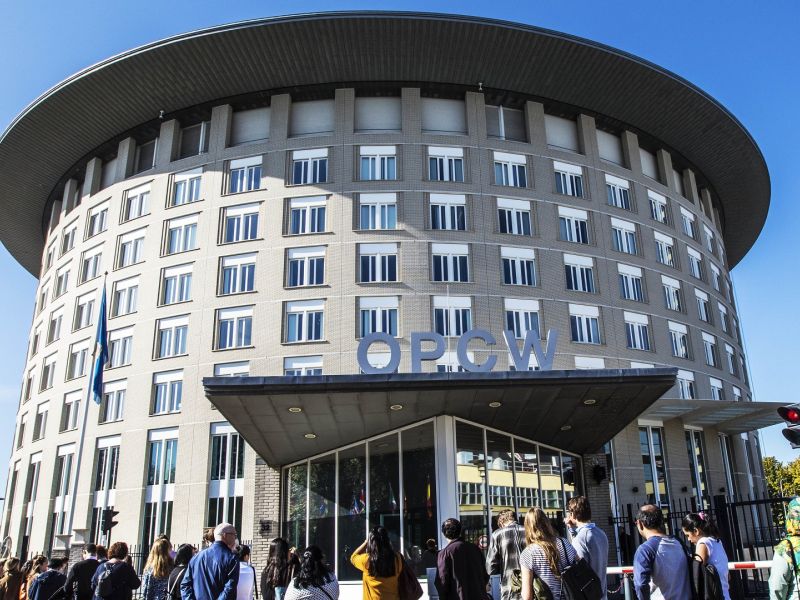
Organization for the Prohibition of Chemical Weapons (OPCW)
The Organization for the Prohibition of Chemical Weapons (OPCW) was established after the Chemical Weapons Convention came into force in 1997 and acts has it’s implementing body. The treaty states that all member states will destroy their chemical weapons, as weel as the facilitaties that can make chemical weapons. The OPCW as 193 Member States and 98% of the global population live under the protection of the Convention. The OPCW is responsible for overseeing the destruction of chemical weapons, working to achieve a world free of chemical weapons, where chemistry is used for peace, progress and prosperity. As of July 2023, all stockpiles of chemical weapons worldwide have been destroyed. Their hard work has not gone unnoticed, in 2013 the OPWC won the Noble Peace Prize and with the Prize money they founded the OPCW-The Hague Award.
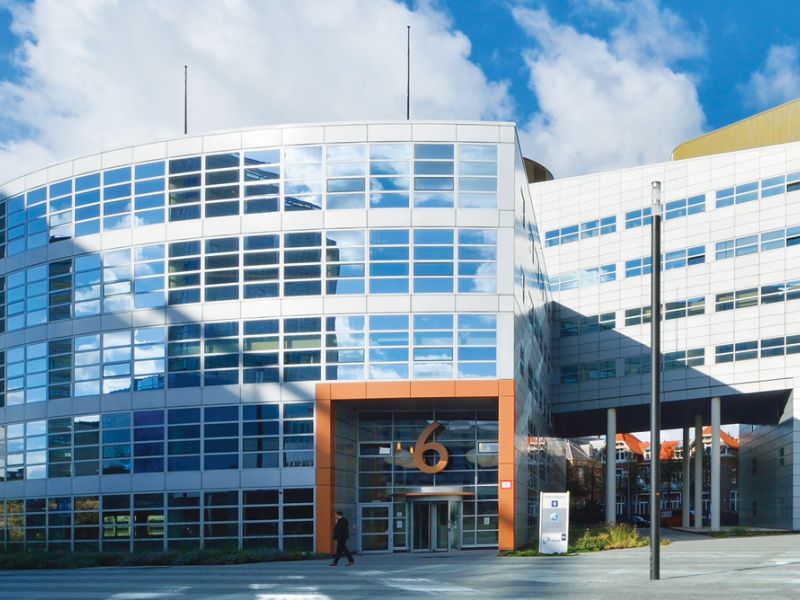
The Hague Conference on Private International Law (HCCH)
The origins of The Hague Conference on Private International Law (HCCH) date back to 1893, the year in which the first “Hague Conference” was held. The HCCH is therefore the oldest intergovernmental organisation in The Hague and was founded on the initiative of Tobias Asser. The Organisation is concerned with developing and promoting international agreements and rules in the field of private law. Through treaties with Member States, cross-border legal issues such as marriage, divorce, parental responsibility and international child abduction are simplified, giving individuals, families and businesses a high degree of legal certainty and predictability in cross-border matters.

International Commission for Missing Persons (ICMP)
Lastly, The International Commission for Missing Persons (ICMP) is an intergovernmental organisation that addresses the issue of persons missing as a result of armed conflicts, violations of human rights, and natural disasters and is headquartered here in The Hague. The ICMP provides technical assistance, forensic expertise and support to governments and others involved in tracing and identifying missing persons based on DNA. They also help with the excavations of mass graves. The Dayton Peace Agreement, which ended the conflict in the former Yugoslavia saw the first implementation of the ICMP's mandate and helped account for around 40,000 persons who went missing between 1991 to 1995 because of the conflict.
These organisations only cover some of the biggest international organisations in the Hague. Moreover, as the city’s reputation as the International City of Peace and Justice grows, The Hague continues to attract more and more international organisations and NGOs working for a more just and peaceful world!
Want to learn more about The Hague's history as the International City of Peace and Justice? Follow this series directly on the Just Peace website or on our Instagram @justpeacethehague.
